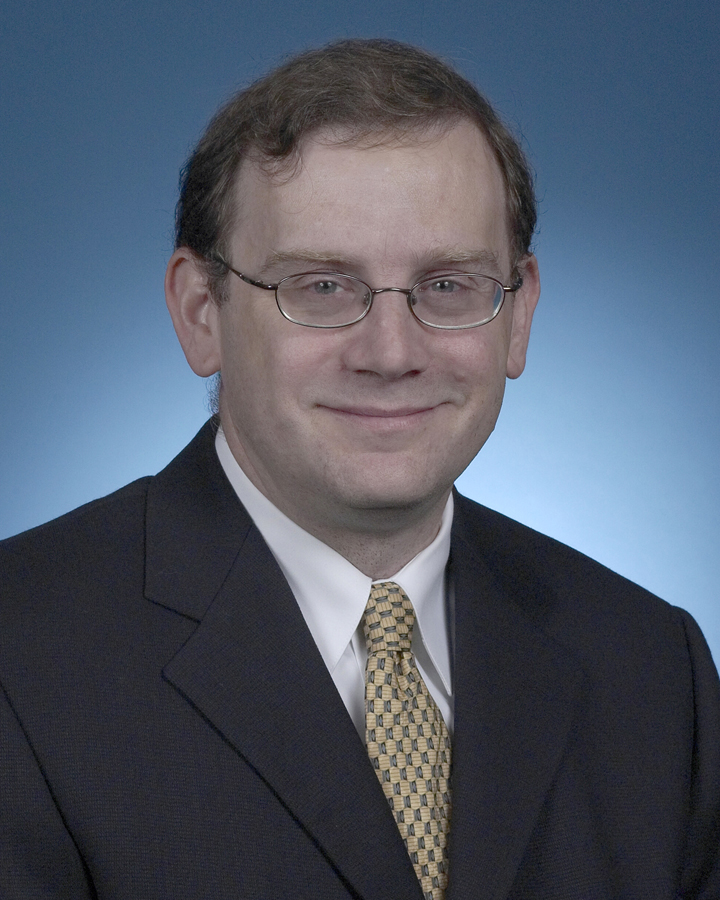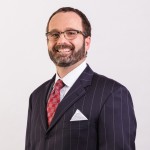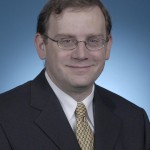By Navar Watson
MissionPoint Health Partners has teamed up with St.Vincent to further the company’s ministry of high-quality, holistic care – already helping 72,000 people in Indiana since the partnership began in Jan. 1.
With this partnership, St.Vincent is applying MissionPoint’s Population Health Management model, which strives to see better patient outcomes, lower the costs of healthcare and improve patient satisfaction.
The goal is to identify patients as people, not illnesses.

“Historically, health care in the United States has been very transactional. You come into the hospital when you’re sick, we make you better,” Dr. Richard Fogel, chief clinical officer of St.Vincent, said. “We’re going to continue to do that, but we also want to prevent you from coming into the hospital.”
The model comes in two parts. The first identifies sick and vulnerable people within a population and provides the resources they need. The second identifies people who are well and keeps them well.
Fogel outlined the three teams implementing this model.

The transition team cares helps people transitioning from one level of care to another (e.g. hospital to home). The ambulatory team keeps patients healthy, and the integrative care team deals with needs outside the scope of “traditional doctor things,” like transportation to a doctor’s appointment or money for antibiotics.
Dr. Jordan Asher, chief medical officer for MissionPoint, said a primary focus is to identify the patient’s non-clinical needs, which often take a toll on physical health.
Seventy percent of what prevents a patient from getting well has “nothing to do with your clinical issues,” Asher said. “They have to do with those other issues of life. We call those psychosocial barriers.”
MissionPoint works to eliminate these barriers, identifying them through personal interactions with people, either through home visits or wellness programs.
Fogel said he is excited to start implementing more measures catering to patients’ needs, such as same-day appointments, online scheduling and extended hours for busy people.
“The beautiful thing about the model is it works for everybody,” he said. “It works for the Medicare person who has multiple medical needs; it works for the mom who has sick children. It is scalable and flexible.”






